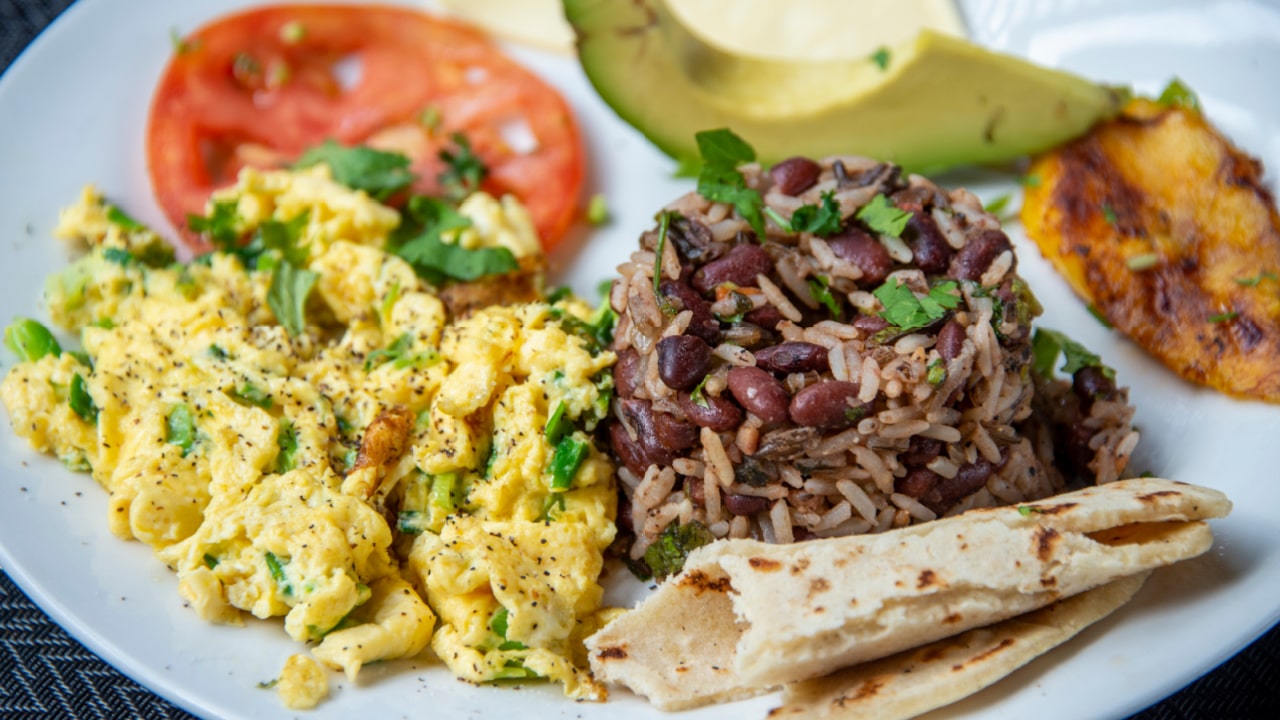
You Either Love Them or You Don’t: Cilantro and Onions Been That Duo in Latin Food
Onions and cilantro are two of the most common ingredients in Latin American food. They are seemingly an unbroken partnership that everyone seemed to agree to go together. Yet, the iconic duo is also very controversial both together and on their own. People who love the combination will do anything in their power to defend it. Meanwhile, people who don’t like either one will definitely make it known. Rarely will you find someone who is indifferent about them. But. why is this combination so divisive? We took to social media to see what people are saying.
Onions and cilantro will forever be the most divisive food combination
Onions and cilantro is an iconic duo in Latin American cuisine, especially in Mexican cuisine. The two very strong ingredients are often chopped up together and sprinkled over so many different dishes. For people who love the two, it makes Latin American food a special treasure. For those who are not so into this combination, the use of the two together is a horrific catastrophe.
The herb is the most egregious of the two compared to people on social media. The strong scent and flavor of the herb has been the focus of fierce debate for a long time. Despite the herb’s prevalence in the culinary world, some people will never be able to get over the taste. It is more than just a distaste, there is science backing up people’s dislike of cilantro.
Genetics are to blame for the people who hate cilantro
According to science, there is a genetic variation that contributes to cilantro tasting like soap. THe variation is found in the OR6A2 olfactory receptor gene. This variation changes how people perceive aldehydes, a compound found in cilantro, soap, and some bugs, according to Encyclopedia Britannica.
As for the onions, there are so many reasons that people don’t like onions. For some, it is the strong, pungent aroma from the raw onion. For others, it is a health thing. Some people have issues digesting the fructans, a type of carbohydrate in the onion, leading to discomfort. Additionally, raw onions have the ability to trigger Irritable Bowel Syndrome (IBS) issues.
Cilantro isn’t native to Latin America but it has been used for thousands of years
According to various reports, cilantro was introduced to Mexico in the 1500s through Spanish conquistadors. The herb was native to the Mediterranean region and the Middle East. There is evidence that cilantro was grown in ancient Egypt and it was used in potions promising immortality. There is evidence that cilantro has been harvested for consumption by humans dating back as far as 6,000 years ago.
Cilantro seeds were also thought to have medicinal properties in ancient times. The seeds were used in teas to help with digestive issues and for the sedative properties they have with humans. The herb was also used for ointments to help with arthritic pains and for lowering cholesterol.
Love it or hate it, cilantro has a long history feeding and medicating people across the globe. Seeing it proliferate Latin American cuisine is a reminder of the interconnectedness of food and cultures.




